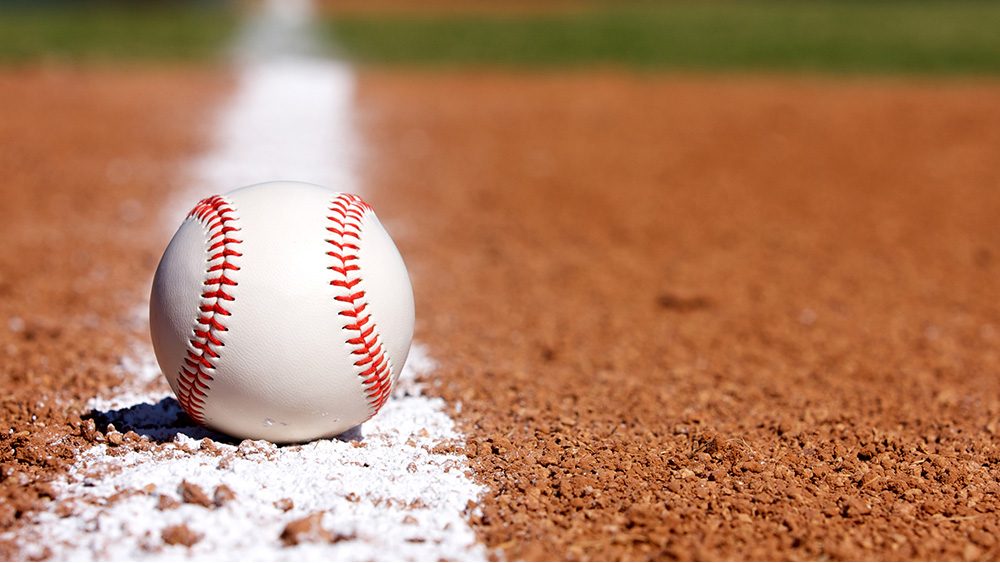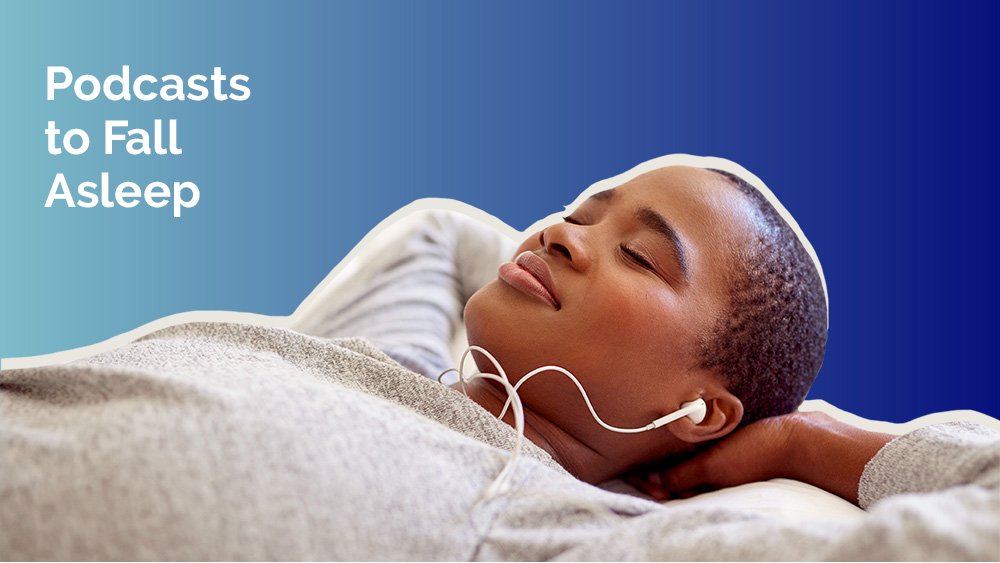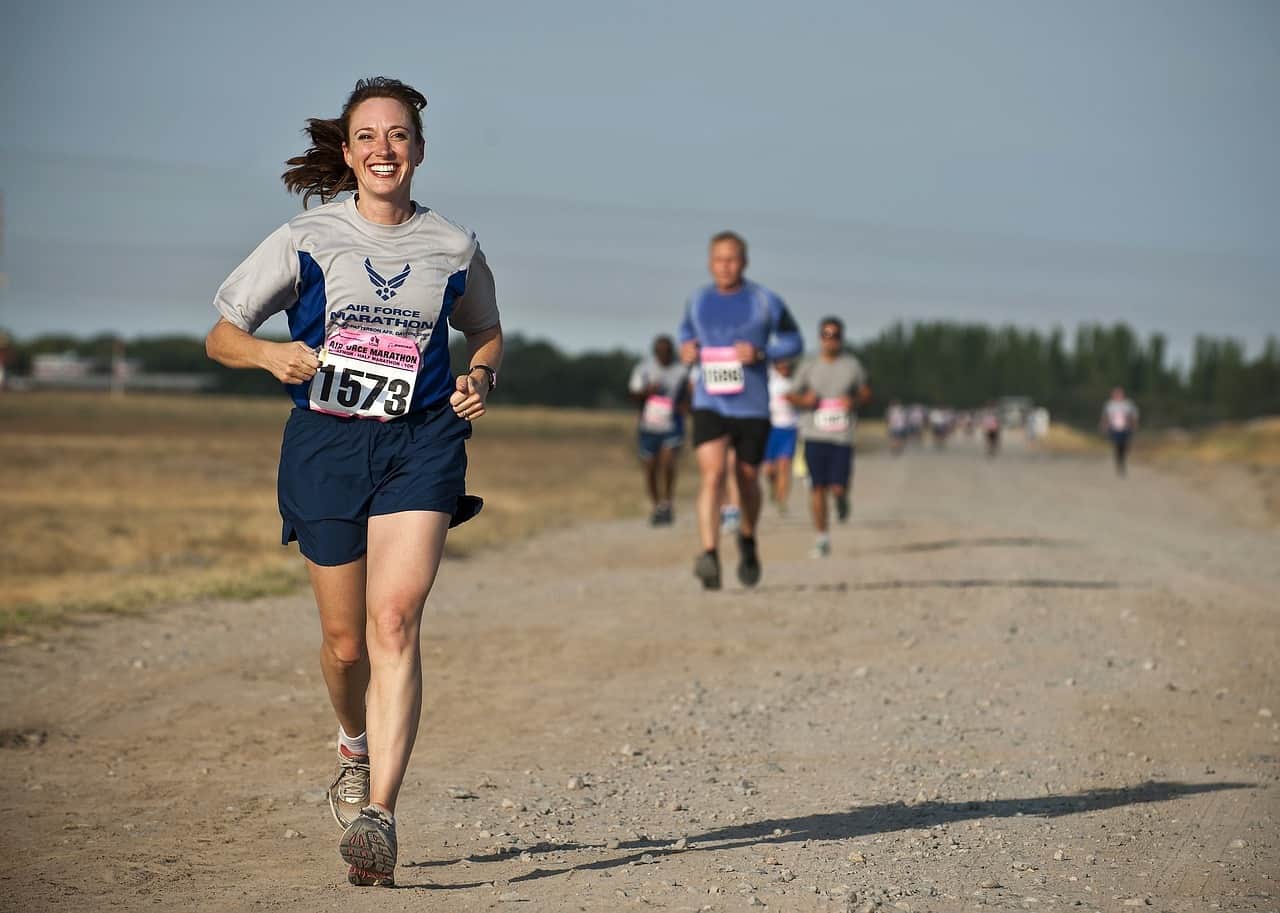
In the past, Marlins’ second-baseman Jazz Chisholm Jr. used to be at the ballpark for games until 11:30 PM. These days, he’s getting home closer to 10:30 PM, he says. This hour of his life back means he doesn’t have to head right to bed, but can wind down like non-pro athletes after work. And it’s the direct result, he explains, of Major League Baseball’s new 2024 season rule, changing the pitching clock, and subsequently reducing game times by almost a half hour.
Pitchers now have 15 seconds to throw a pitch with bases empty, and 20 seconds with a runner on bases, and hitters have to be in the batter’s box with just eight seconds on the pitch clock now. The end goal is to reduce total game time, which some players are happy about (and some stadium beer vendors sure are not!). MLB explains in the new rules that the goal is to “create a quicker pace of play,” and is one of three rules they changed this year — they also eliminated the shift and how many times a pitcher can disengage from the rubber, along with adding bigger bases, ESPN reports.
Marlins manager Skip Schumaker points to a direct link between players’ ability to recover physically, and the change in game duration.
“If you can eliminate 30 or 40 minutes a day from the game of being on your feet, that part of the recovery is real,” Schumaker says. But for pitchers having to pitch every 15 seconds, he adds, it’s yet to be seen how it will impact them. “The issue is starting pitchers pitch every 15 seconds. That has never happened before in the history of the game, so I don’t know how much recovery it is or how much it will affect them in over 35 starts. That will be the most interesting to me.”
A Day in the Life of an MLB Player, Adjusted by 30 Minutes
Chisholm Jr. wakes up and heads to the field for practice on a typical day, eating and napping before a game. Then, depending on the game time, he’ll take another nap after the game. “If I don’t take a nap, I’ll fall asleep at 6 and wake up at 5 in the morning, but I’ll wake up and go back to sleep, [so] it does kind of mess me up,” he says. His four times per day sleep schedule makes him feel rested, and “my body feels a lot better,” he adds.
Now, with thirty fewer minutes per game, he uses that hour before his last bedtime of the day to decompress. “So I feel like for me, I got another hour before I go to sleep instead of going home and going straight to sleep. I can eat; I can take a shower; I can relax at my house, and play with my puppies. Something to get my mind off baseball instead of going straight to sleep and having to wake up the next day and still have to think about baseball,” he says.
Schumaker says that decompression time before sleep is key, remembering his choice to live 30 minutes from the stadium on purpose when he played, to build in transition time. “ I could be a husband and father and not think about the game when I got back. I think you get a chance to be that husband and father more because you are home at 9:30 or 10. I didn’t get home until 11 [or later] every day because we had 7:15 games, so you never saw [your family] and you got to bed so late,” he says. “Then, if you have kids, you’re getting up at 7:30.” He says the rule change means players are home at a reasonable time, and get to bed at a reasonable time.

A League-Wide Issue, Potentially Improved
It’s not just Chisholm Jr. working hard to get enough sleep to be at peak performance. Dr. Meeta Singh, a sleep doctor who consults for multiple NFL, MLB, NHL, NBA, Olympic, and college sports teams, calls sleep a “significant issue” in the MLB. She has worked on performance sleep optimization strategies for athletes with the Seattle Mariners, Detroit Tigers, Washington Nationals, NY Mets, and LA Angels. “It directly affects their performance, recovery, and overall health.” She points to multiple factors that won’t all be solved by a pitch clock change, though it might help:
- Demanding schedule: The MLB regular season consists of 162 games over approximately six months, with games often played back-to-back or with minimal rest. “This demanding schedule can lead to sleep deprivation, as players may not have enough time to recover between games,” she explains.
- Travel: MLB teams travel extensively throughout the season, often crossing multiple time zones. “This frequent travel can disrupt players’ circadian rhythms and make it difficult for them to adjust to new time zones, resulting in jet lag and poor sleep quality,” she says.
- Late game times: Many MLB games start late in the evening and can go on for several hours. “Late game times can lead to irregular sleep patterns, as players may not be able to fall asleep until the early hours of the morning,” she says. “This is why the rule change is relevant because it makes the game shorter.”
- Performance pressure: “The high-pressure environment of professional baseball can contribute to sleep difficulties, as players may experience increased stress and anxiety related to their performance, particularly during high-stakes games or playoff series.”
But, Is It Enough?
The league can cut a half hour from playing time, improving players’ sleep especially for late night games, Singh says, but it isn’t a full solution in isolation. “Simply shortening game durations may not be enough to ensure players use the extra time for sleep. Additional steps and strategies should be in place to help players take advantage of this opportunity,” she says.
She works with players on education and awareness around sleep for recovery, performance, and well-being, creating personalized solutions to for athletes to manage fatigue and jet lag, and also empowers the coaching staff to help with those same issues.
In addition, she says that there could be additional concerns for pitchers themselves, who have to speed up their performance. “There is a trade-off between speeding up the pace of games and the potential impact on player performance and fatigue. While shorter games could provide more time for rest and recovery, asking pitchers and other athletes to move faster could indeed lead to increased exhaustion, affecting their performance,” she says, adding that they need time to recover between plays to maintain such a high level of performance. “Rushing them could lead to reduced focus, diminished execution, and a higher risk of injury.”
Even for non-pitchers, like Chisholm, the new pace takes some adjustment. “I feel like it makes me a little more tired but other than that I love it. It’s a quick game. Me as a defender, not a pitcher, likes when a pitcher is just on the rubber and gets going, so I can stay focused in the game.”
And for him, that focus, and the must-have sleep routine, is what wins games. “I’m not really that great of someone that is focused unless I actually get some sleep. If I’m tired, I’m not going to focus, that’s where I feel the sleep comes in.”

This TikToker Went Viral For Her Tips on Waking Up Early — Here’s What She Suggests

Why I Use an Electric Shock Bracelet to Wake Myself Up, and What the Experts Say

I Use Podcasts to Fall Asleep Every Night — What Are the Risks? Here’s What Doctors Say

Do Athletes Need More Sleep?
Sources
WABC News, “MLB pitch clock is shortening games and stunting beer sales at stadiums,”https://abc7ny.com/mlb-pitch-clock-beer-sales-baseball/13122612/. April 13, 2024.
Singh, Dr. Meeta. Personal interview. April 2024.
Schumaker, Skip. Personal interview. April 2024.
Chisholm Jr., Jazz. Personal interview. April 2024.